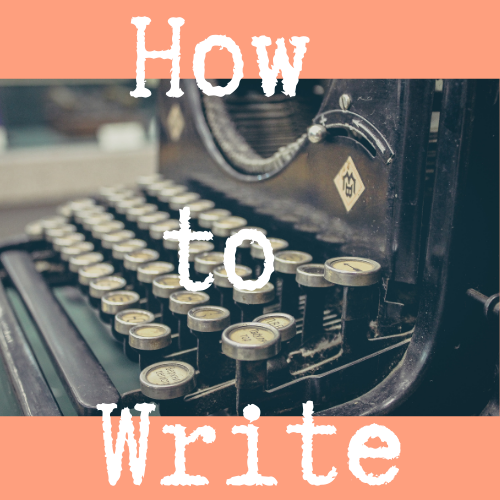The Typewriter
I love manual typewriters.
I own two of them, plus I have a Bluetooth keyboard with typewriter keys (pictured above). Every so often, I break out that keyboard and use it to write. I adore the clickety-clack. I do not adore how lazy my fingers have become, typing on a near-flat keyboard for the past 800 years. Every once in a while I press something wrong and an entire line of text is deleted, and I have to have an eighth of a second of panic and then do the command-Z and save it. Just like back in the day when making a mistake on a manual typewriter.
Don’t make a mistake. Trust me.
Pfft. Command-Z. Back in my day, after walking uphill both ways to school, we had to use correction fluid (aka White Out™) to daub over the error, line up the paper perfectly, wait for the damn thing to dry, type the correct letter/s, shout epithets because we didn’t wait long enough for it to dry and we had smeared it all up, fly into a rage, RIP the paper out of the machine, wad it, throw it across the room, and start over. Or, if you were like me, you would type the correct letter right over the mistake, over and over again, hoping that it would show up enough. Good enough. (Narrator: It was not good enough.)
As I reminisce about the days of manual machinery while typing on modern technology, I wonder if the folks who built typewriters had ever thought that someday their machines would be obsolete, or thought of fondly as a nostalgic item. For their time, typewriters were instruments of equity. Think about it: before people could find and use a typewriter, they had the option to hand write, or to hire a printing press. Printing presses, you remember those? Where we get the idea of uppercase and lowercase letters? Typewriters meant that everyone who could afford one could have a voice. Or a job. Or a heavy-ass machine on their desk, at the very least. It had a bell.
Now, everyone who has access to the Internet has a voice. Everyone with a cell phone has a voice. With video cameras at the ready in so many pockets, I wonder about which technology today will be obsolete in a few years. Apps for reading those QR codes are now obsolete—my iPhone camera reads them. Flashlight apps are another—don’t all phones have a built-in flashlight app now? Maybe only apps will be obsolete. We are still using Computers™, and we’ve had those for home use since when, the early 1980s?
What draws me, then, to a manual computer keyboard? The same thing that is drawing me to handwriting letters again, I think. Manual typewriters are far slower to produce text than any Internet-abled device. Handwriting on paper is, of course, even slower than that. I think staying home so much for this past year has caused me to desire slowing down, even while my ambition to produce written content has increased. I’ve joined #penpalooza on The Twitter and now have five penpals. I built this website and am working on my book. I write in my journal, log my business activity, and use a paper planner.
I’m so bad at Twitter because I see the conversation happening and think: It’s all been said; I don’t need to add to the noise. So what do I do? Start blogging again instead.
What is going on?


